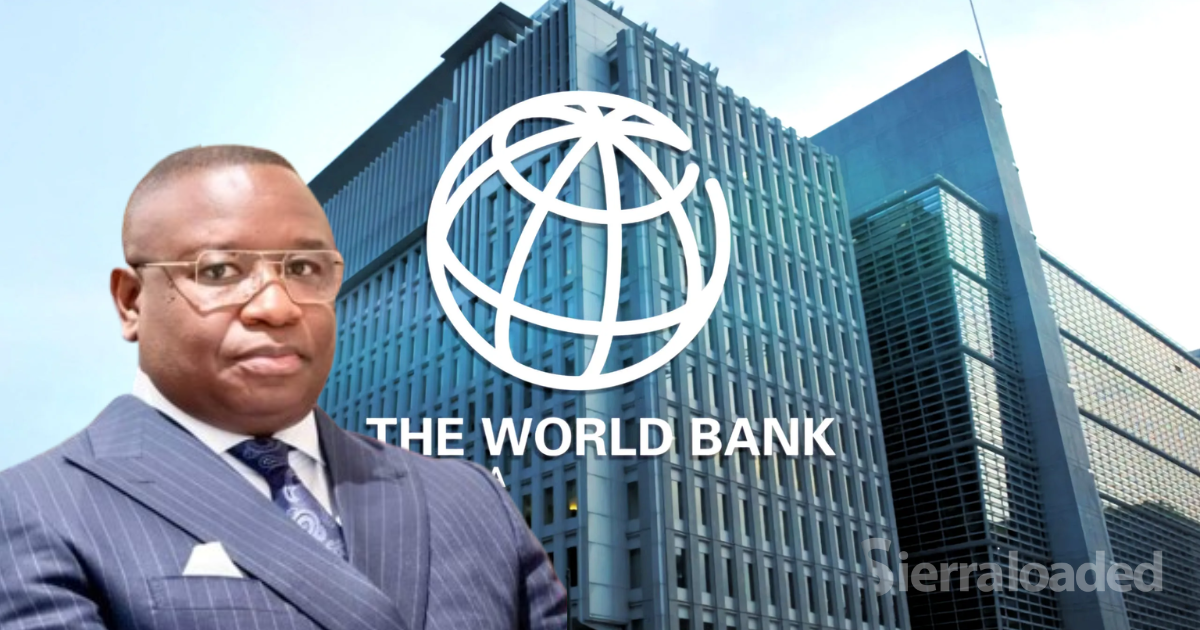A new World Bank Report title “Sierra Leone Human Capital Review: Maximizing Human Potential for Resilience and Inclusive Development,” has been launched in Freetown.
The report hails Sierra Leone for making commendable strides in improving human capital development with the government demonstrating a strong commitment to enhancing the well-being and productivity of its population through significant investments in health and education.
The said report also highlights the prioritization of social protection interventions like cash transfers to extremely vulnerable groups as a notable intervention aimed at reducing poverty and building human capital.
According to the World Bank, Human Capital Development’ is the first Policy Cluster in the Government of Sierra Leone’s Medium-term National Development Plan (MTNDP) 2019–2023 with increased financing of inputs in key human development sectors such as health and education. The new MTNDP (2024-2030) also prioritizes human capital development among its five key pillars, with food security as the main flagship. This increased commitment towards social sectors has resulted in improvements in health and education outcomes. For example, maternal and under-5 mortality rates, adult survival rates, as well as expected years of schooling have all improved since 2005. The Free Quality Education, launched in 2018, helped to reduce barriers to accessing education with the Education Sector Plan (2022–2026) laying out the core priorities and presenting a road map to achieving the country’s education goals. There have also been improvements in social protection coverage – the flagship social protection initiative, ‘Ep Fet Po’ cash transfer program, financed through the World Bank-supported Social Safety Net (SSN) Project, provides direct financial support to the most vulnerable populations, thereby contributing to the development of a more resilient and capable workforce.
However, the World Bank acknowledges Sierra Leone still faces challenges related to low human development outcomes, high poverty rates, and limited access to basic services, the report notes. The country ranks 151 out of 157 countries on the Human Capital Index (HCI). The HCI value is lower than the region’s average, indicating significant challenges in human capital development. The report highlights that only around two-thirds of today’s 15-year-olds can be expected to survive to the age of 60, and about one-quarter of the country’s children are stunted due to chronic malnutrition. Additionally, the HCI measure predicts that a child born today in Sierra Leone can be expected to be only 35% as productive when he or she grows up as the child could have been if he or she had enjoyed complete education and full health.
The Sierra Leone Human Capital Review is part of the World Bank’s broader commitment to supporting countries in their efforts to build strong human capital as a foundation for inclusive growth. This is in line with WBG’s vision of creating a world free of poverty on a livable planet. The report’s findings will serve as a valuable resource for policymakers, development partners, and stakeholders working towards a prosperous future for Sierra Leone.












That leadership,our today is going to be our tomorrow, for what it means as the foundation is,
Congratulation Mr president and your cabinet, God is always with you guys and your all concerns in Jesus mighty name 🙏🙏 Amen